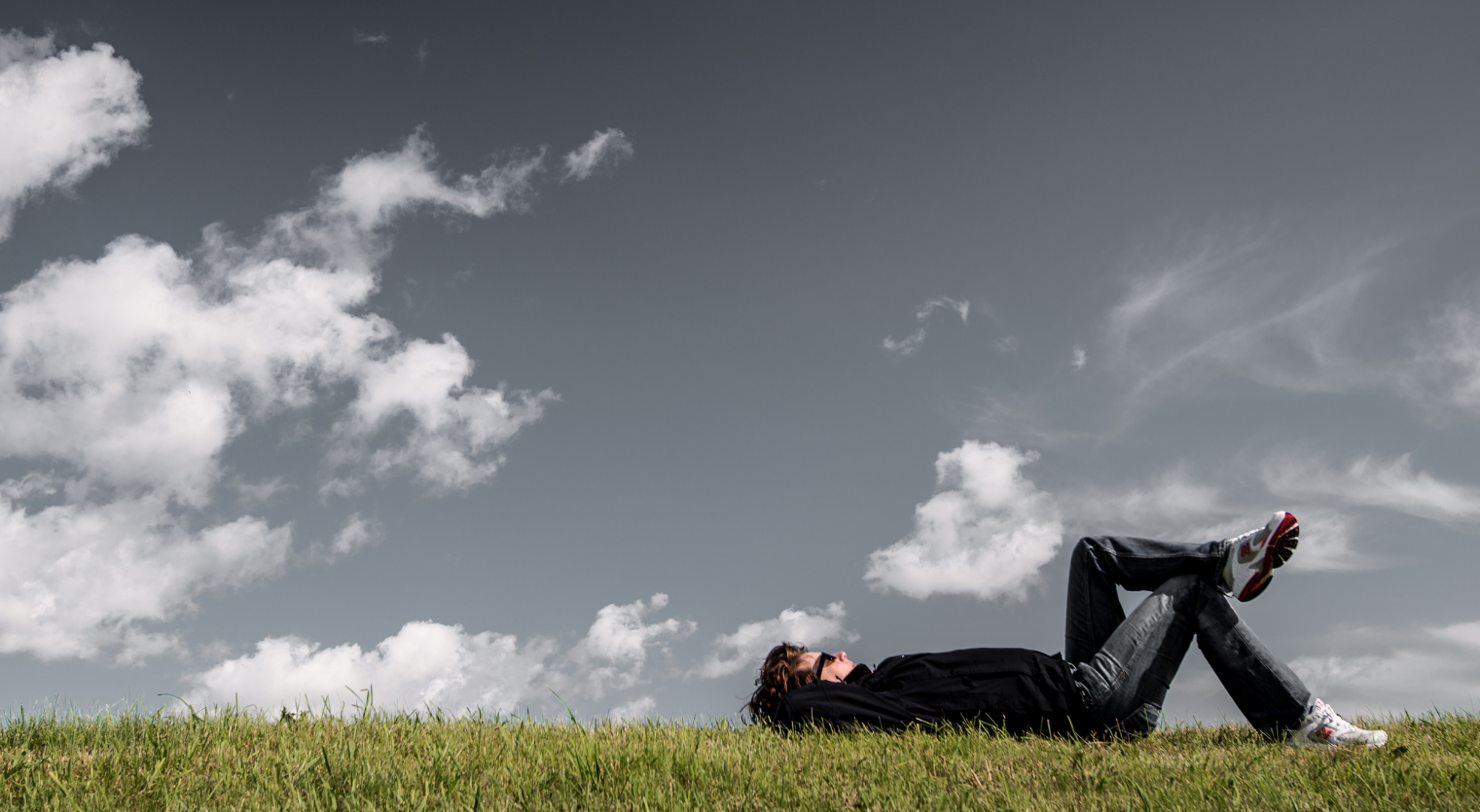
A few years back while serving at Normandale Lutheran Church in Edina, I together with the ministry staff became increasingly aware of the vast pressures placed upon our youth to “succeed” or “achieve,” especially within the particular context and culture of our community. Thus, we made the conscious decision to make the church experience into more of a place where youth could truly lay down their burdens for a time and simply be.
I distinctly remember a conversation one of my colleague pastors relayed to me at that time. He had asked eighth graders to reflect upon where and when they found rest. One girl in the class walked through her day which included before-school activity, a full day of classes, two after-school extracurricular groups, hurried travel between them all, an evening confirmation class, followed by a couple hours of homework before finally crashing into bed. What’s more, this seemed like the normal daily regimen for her. My colleague asked, “When do you get to do nothing?” She replied, “My father doesn’t believe in idle time.”
Many of us have encountered this voice in our lives, perhaps in our daily endeavors or in the world more generally. This implicit rejection of rest has become so common that it has even infiltrated expressions of faithful life. Many have heard or uttered the old phrase, “Idle hands are the devil’s workshop.” And while we might sometimes need to be wary of lapsing into slothfulness, I have found this message to do more harm than help. In fact, more often than not, it is contrary to what God encourages.
In the first creation story in the book of Genesis, God purposefully dedicates an entire day to rest. It’s often summarized in this way: in six days God created, and on the seventh day God rested. But I love what a closer look at the story shows. Genesis 2:2 actually reads, “On the seventh day, God finished the work that he had done.” Did you hear that? Creation wasn’t finished until the seventh day. And what did God do on that seventh day? Nothing. God rested. In other words, creation was not complete without rest. Think about that . . . God doing nothing . . . God putting God’s feet up and merely looking around, maybe even taking a little snooze in the afternoon sun. This faithful poem at the opening of our scriptures tells us much truth about who we are and what God wishes for us.
Creation, including our very lives, is not full without rest. Rest is a key ingredient in the divine gift of life. Psalm 46 is well known for the phrase, “Be still and know that I am God.” It is almost as if to say, we can’t really know God without being still at times.
Rest is a practice of faith. Many of us would do well to remember it, especially when we are frazzled and anxious and stressed by what often times can become hectic, harried life. I actually would argue that the phrase “idle hands are the devil’s workshop” is an insidious falsity. That phrase comes from a notoriously poor English translation of Proverbs 16:27, which originally mentions nothing of idleness. A more faithful and true saying might be this: idle hands have the capacity to encounter God more fully. Be still and know God.
Rest is a practice of protest, too. Much of the world, and especially our American culture says that in order to succeed and achieve one must constantly produce, control, amass, and/or consume. Capitalist mentalities can dupe us into believing that incessant production and accumulation are the keys to the good life. Intentional, faithful rest is a protest against that myth. Faithfully resting allows us to remember we are not defined by our production or our consumption. There is more to life. Life in fact is incomplete without sitting back and being mindful that the world goes on without us. God is finally in charge. We are co-caretakers and co-creators, and if God rests, we can, too.
Finally, rest is an act of love, both for the self and the neighbor. Too often, I can feel guilty for taking time to rest. But if I am truly to love myself, I must rest. It’s needed and good and beneficial for me as a godly being. It’s ok to say, “I’m tired.” It’s ok to do nothing from time to time. It’s even faithful. So, too, rest is good for my neighbors. Not only does rest aid me to be a better neighbor—less ornery, more energetic, and more joyful in service—but also when I rest, I demand little from my neighbor. My rest allows my neighbor to rest, and that is a loving act.
I don’t know about you, but I need this reminder in my days and weeks. Many of us may benefit from hearing more often how God, the creator, redeemer, and sanctifier of all heaven and earth, values rest. It is a part of the divine life, and so too, it is an essential part of the heart, soul, mind, and strength of God’s faithful children. After all, what’s good for God is good for us, too.
Rest faithfully, dear friends.
Pastor Ruud is a member of the pastoral team at Mount Olivet Lutheran Church where he oversees Adult Learning and Confirmation. Along with spending time with his three daughters, he enjoys playing and listening to music, all things sports-related, fishing, and sampling craft beers.